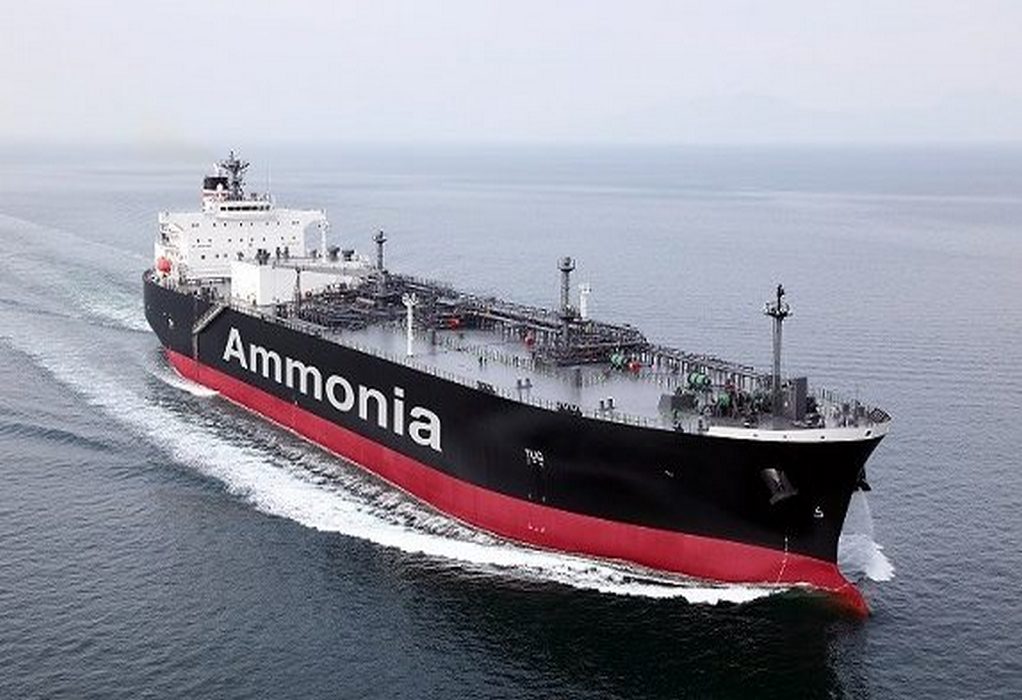ABS is providing New Technology Qualification (NTQ) services for pioneering subsea storage technology from NOV.
The Joint Development Project (JDP) includes NOV, ABS, Equinor, Shell, The Research Council of Norway and The Net Zero Technology Centre. This project unites a group of industry leaders actively enabling an economical subsea storage solution for the market.
The subsea technology brings a new and unique solution for the safe storage of larger volumes of fluids such as enhanced oil recovery (EOR) chemicals, production chemicals, oil, condensate, and maritime fuels. The subsea storage system is being designed to be placed at any water depth and adjusted in capacity depending on customer requirements.
The industry-leading NTQ process from ABS offers guidance on early adoption and efficient implementation of new technologies – demonstrating their level of maturity – and that potential risks have been systematically reviewed.
“We are excited to collaborate with NOV and the other project partners on this new technology. It has the capacity to add flexibility to an operator’s logistical package, especially when topside space is limited, and to improve the overall safety profile of upstream storage needs. Our primary goal is always to work with the offshore industry to verify the components that will allow safe and reliable subsea development,” said Patrick Ryan, ABS Senior Vice President of Global Engineering and Technology.
“NOV is always focusing on developing purposeful and innovative technologies to support new opportunities in our customers’ energy portfolios. The subsea storage technology is one of those game-changing technologies, allowing the storage on the seabed of all type of fluids whether it is for the oil and gas industry, as an all-electric enabler, or e-fuels such as e-methanol and liquid ammonia for the rapidly growing shipping industry. We are thrilled to collaborate with ABS on this JIP, together with Equinor, Shell, The Research Council of Norway and The Net Zero Technology Centre towards qualifying the subsea storage technology that will enable a safer and low-emission future and contributing to the global greenhouse gas reduction strategy for both the energy and shipping industry,” said Jan Rytter, R&D Director, NOV SPS.
Source: ABS
Tags: ABS, Ammonia, NOV, Storage System, Subsea



Recent Posts
PIL Conducts First Simultaneous Cargo and LNG Bunkering in Singapore
NYK Takes Delivery of LNG-Fuelled Capesize Bulker SG Dawn
Swire Shipping joins Achilles Maritime Network to strengthen supply chain sustainability and compliance
L&T Open to Minority Stake Sale in Green Hydrogen and Ammonia Projects
Government Briefs Parliament on Oil, Gas, and Alternative Fuel Projects
Angola’s NVS Targets Green Methanol Production for Multiple Sectors
CBH Group Trials Biofuels to Cut Maritime Emissions in Grain Exports to Europe
Grimaldi Group Takes Delivery of Ammonia-Ready PCTC Grande Tianjin